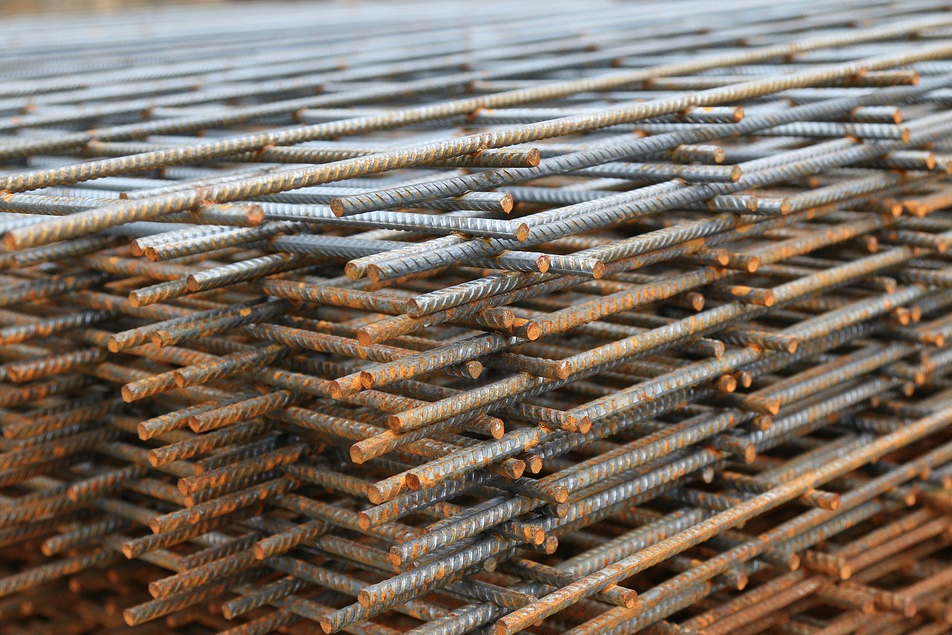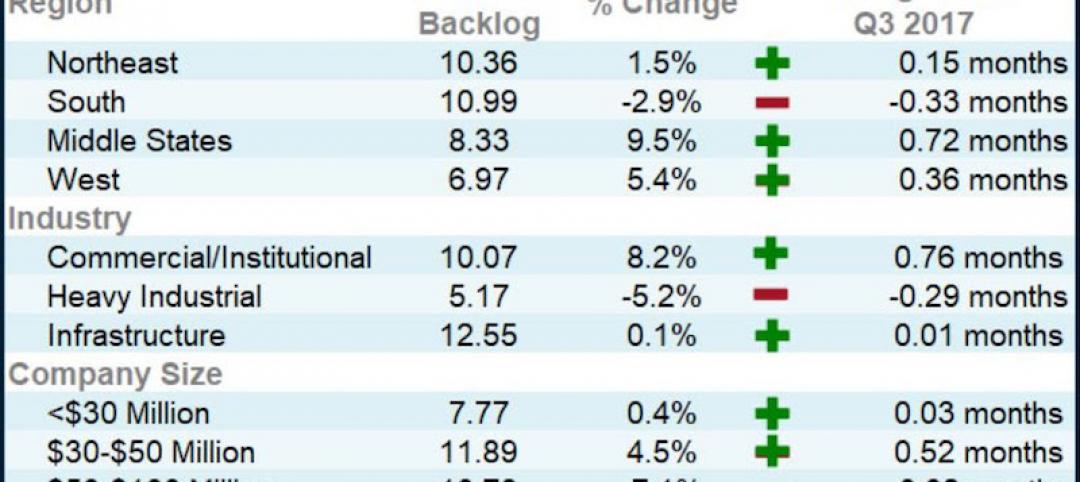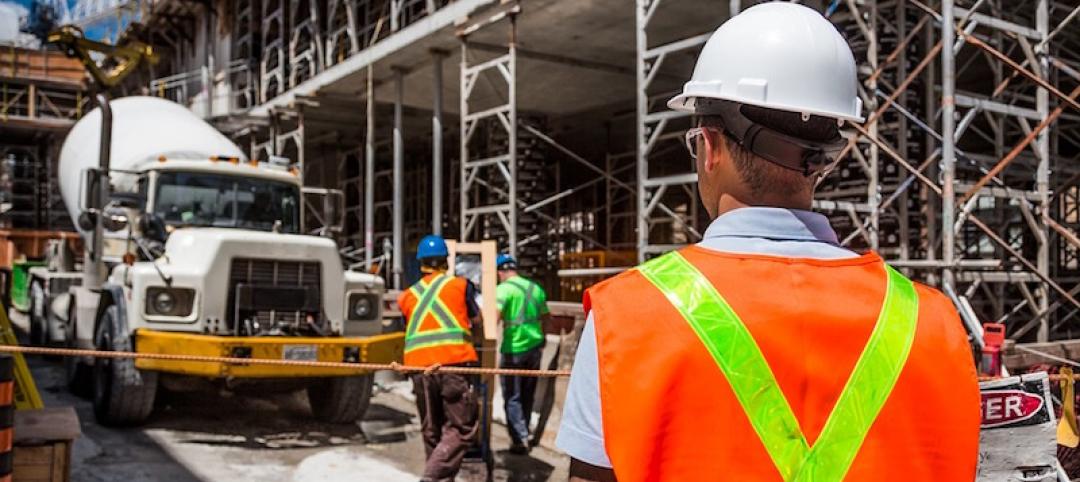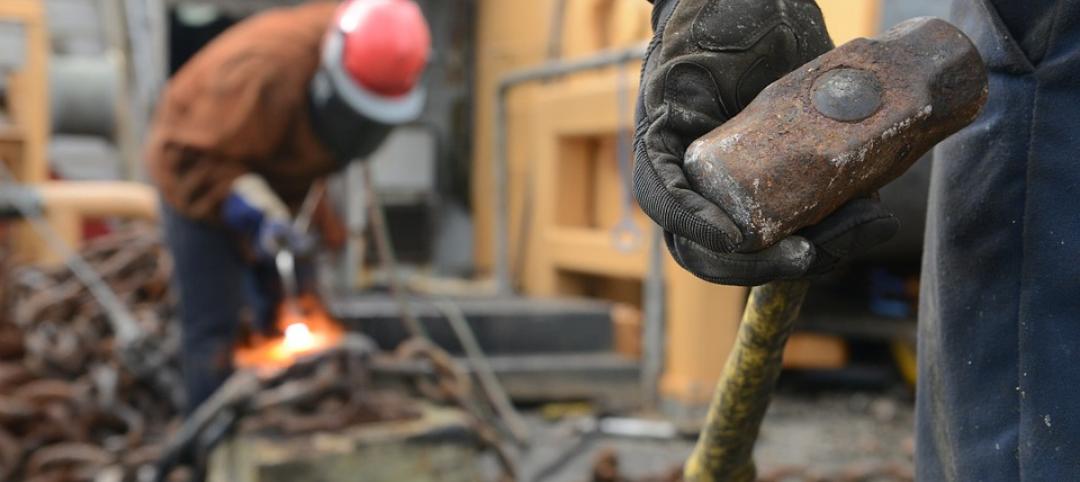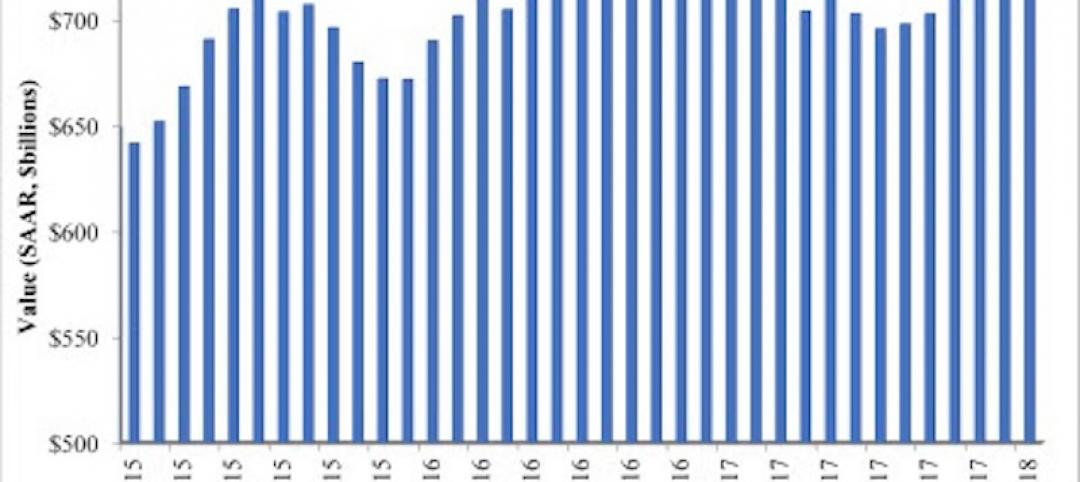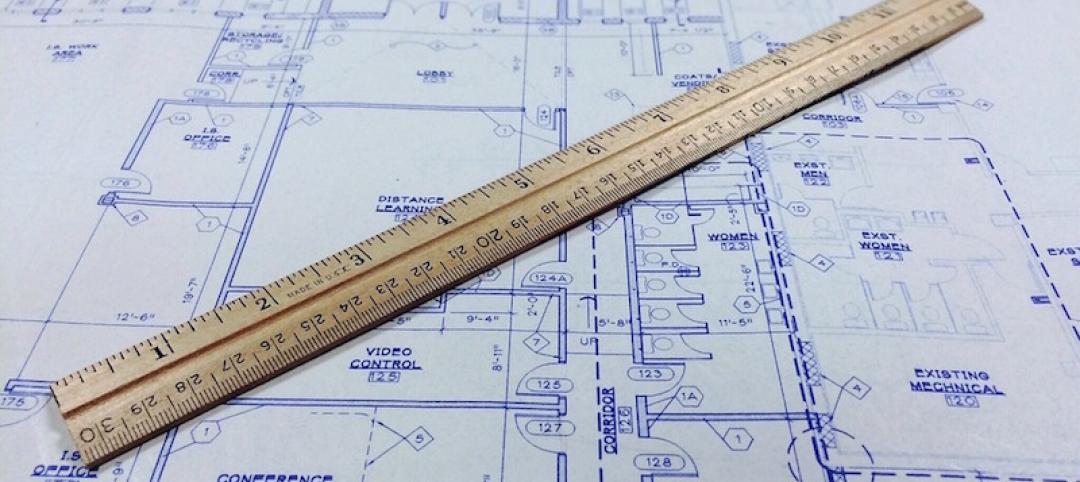Construction costs escalated in February, driven by price increases for a wide range of building materials including steel and aluminum, according to an analysis by the Associated General Contractors of America of Labor Department data released today. Association officials warned that newly imposed tariffs on those metals will create steeper increases that will squeeze budgets for infrastructure, school districts and commercial projects.
"Price increases have accelerated for many construction materials in the last two years, with additional increases already announced, and others on the way as soon as tariffs on steel and aluminum take effect," said the association's chief economist, Ken Simonson. "Contractors will be forced to pass these cost increases along in bid prices, but that will mean fewer projects get built. And contractors that are already working on projects for which they have not bought some materials are at risk of absorbing large losses."
The producer price index for inputs to construction industries—a measure of all goods and services used in construction projects including items consumed by contractors, such as diesel fuel—rose 0.6% in February alone and 4.4% over 12 months. The index increased by 4.2% in 2017 and just 0.9% in 2016, the economist noted.
"Many materials contributed to the latest round of increases," Simonson observed. "Moreover, today's report only reflects prices charged as of mid-February. Since then, producers of steel and concrete have implemented or announced substantial additional increases, and the huge tariffs the President has imposed will make steel, aluminum and many products that incorporate those metals even more expensive."
From February 2016 to February 2017, the producer price index rose 11.6% for aluminum mill shapes, 4.8% for steel mill products and 10.0% for copper and brass mill shapes. Metal products that are used in construction include steel bars (rebar) to reinforce building and highway concrete; piles and beams (structural steel) in buildings; steel studs to support wallboard in houses and buildings; steel and copper pipe; and aluminum window frames, siding and architectural elements. Several other products that are important to construction also had large price increases over the past 12 months: diesel fuel, 38.5%; lumber and plywood, 13.2%; gypsum products, 8.0%; and plastic construction products, 4.9%.
Construction officials said the new tariffs will raise costs for firms, many of which are locked into fixed-price contracts with little ability to charge more for their services. They said funding the President's infrastructure plans would be a better way to foster demand for domestic steel and aluminum without harming contractors
"Tariffs may help a few producers but they harm contractors and anyone with a limited budget for construction," said Stephen E. Sandherr, the association's chief executive officer. "The best way to help the U.S. steel and aluminum sector is to continue pushing measures, like regulatory reform and new infrastructure funding, that will boost demand for their products as the economy expands."
Related Stories
Market Data | Mar 21, 2018
Construction employment increases in 248 metro areas as new metal tariffs threaten future sector job gains
Riverside-San Bernardino-Ontario, Calif., and Merced, Calif., experience largest year-over-year gains; Baton Rouge, La., and Auburn-Opelika, Ala., have biggest annual declines in construction employment.
Market Data | Mar 19, 2018
ABC's Construction Backlog Indicator hits a new high: 2018 poised to be a very strong year for construction spending
CBI is up by 1.36 months, or 16.3%, on a year-over-year basis.
Market Data | Mar 15, 2018
ABC: Construction materials prices continue to expand briskly in February
Compared to February 2017, prices are up 5.2%.
Market Data | Mar 12, 2018
Construction employers add 61,000 jobs in February and 254,000 over the year
Hourly earnings rise 3.3% as sector strives to draw in new workers.
Steel Buildings | Mar 9, 2018
New steel and aluminum tariffs will hurt construction firms by raising materials costs; potential trade war will dampen demand, says AGC of America
Independent studies suggest the construction industry could lose nearly 30,000 jobs as a result of administration's new tariffs as many firms will be forced to absorb increased costs.
Market Data | Mar 8, 2018
Prioritizing your marketing initiatives
It’s time to take a comprehensive look at your plans and figure out the best way to get from Point A to Point B.
Market Data | Mar 6, 2018
Persistent workforce shortages challenge commercial construction industry as U.S. building demands continue to grow
To increase jobsite efficiency and improve labor productivity, increasingly more builders are turning to alternative construction solutions.
Market Data | Mar 2, 2018
Nonresidential construction spending dips slightly in January
Private nonresidential construction fell 1.5% for the month, while public sector nonresidential spending increased 1.9%.
Market Data | Feb 27, 2018
AIA small firm report: Half of employees have ownership stake in their firm
The American Institute of Architects has released its first-ever Small Firm Compensation Report.
Market Data | Feb 21, 2018
Strong start for architecture billings in 2018
The American Institute of Architects reported the January 2018 ABI score was 54.7, up from a score of 52.8 in the previous month.


